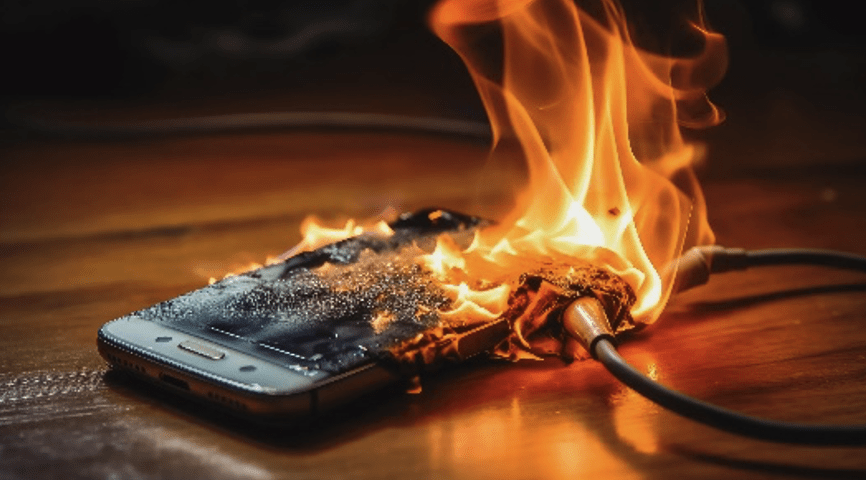Lithium-ion batteries — Powering the Future
The advent of lithium-ion (Li-ion) batteries has dramatically changed how we store and use energy — everything from powering our cellphones and laptops to driving electric vehicles, storing solar energy for later use at home. With high energy density, long cycle life and low self-discharge rate they are favoured in various applications.
Lithium-Ion Batteries
Li-ion batteries are composed of many cells, and each cell includes a positive electrode (anode), negative electrode (cathode) as well as an electrolyte. The movement of lithium ions from the anode to the cathode creates a flow of electric energy during discharge. After that, the lithium ions go back to the anode when they charge.
[Photo: courtesy of SolidEnergy]
Lithium-Ion Battery forms * 6 7. → Types of Lithium Ion Batteries
Lithium-Cobalt oxide (LCO)
•High energy density and high voltage, but very overcharging or overheating it explodes.
Used in smart phones, also laptops
Lithium-Nickel-Manganese-Cobalt Oxide (NMC)
Balanced performance: between energy density, power density and safety.
Mainly used in electric vehicles and power storage system.
Lithium Iron Phosphate (LFP)
Good safety and high cycle life, but lower energy density than other lithium-ion chemistries.
Commonly used in power tools and energy-storage systems
Lithium-Manganese-Nickel Oxide (NMC):
High energy density and thermal stability.
This helps them in operating electric vehicles and portable power tools.
Lithium-Ion Batteries Will Offer:
High Energy density:** With Lithium ion batteries, more energy can be stored in the battery making it a compact size and weight.
Long Cycle Life: They last for thousands of charge/discharge cycles with little or no capacity loss.
Fast Charging: Li-ion batteriescan be rapidly charged, which is convenient for different applications.
Low-self-discharge :** They keeps their charge for very long time, so no frequent charging needed.
* Environmental Friendliness:* Li-ion batteries are relatively environmentally friendly and with a low ecological footprint.
The Major Problems and Prospects of Plasma Application
Although Li-ion Battery has been developed a lot but have got some disadvantages like Thermal Runaway and the higher life of battery. But researchers are getting around this issue and creating superior Li-ion batteries as a result.
Solid-State Batteries – Upcoming batteries offering higher energy density, shorter charging time and more safety features
Advanced Battery Management Systems (BMS): BMS systems to enable improved battery performance, longer life and thwart safety hazards.
So in short, lithium-ion batteries have completely changed the game for powering our personal electronics and are even more important as we try to move into a greener future. Moreover, given the pace of research and development going on we can surely anticipate more sophisticated Li-ion batteries to make a huge impact in reshaping energy storage solutions which is yet to come.
